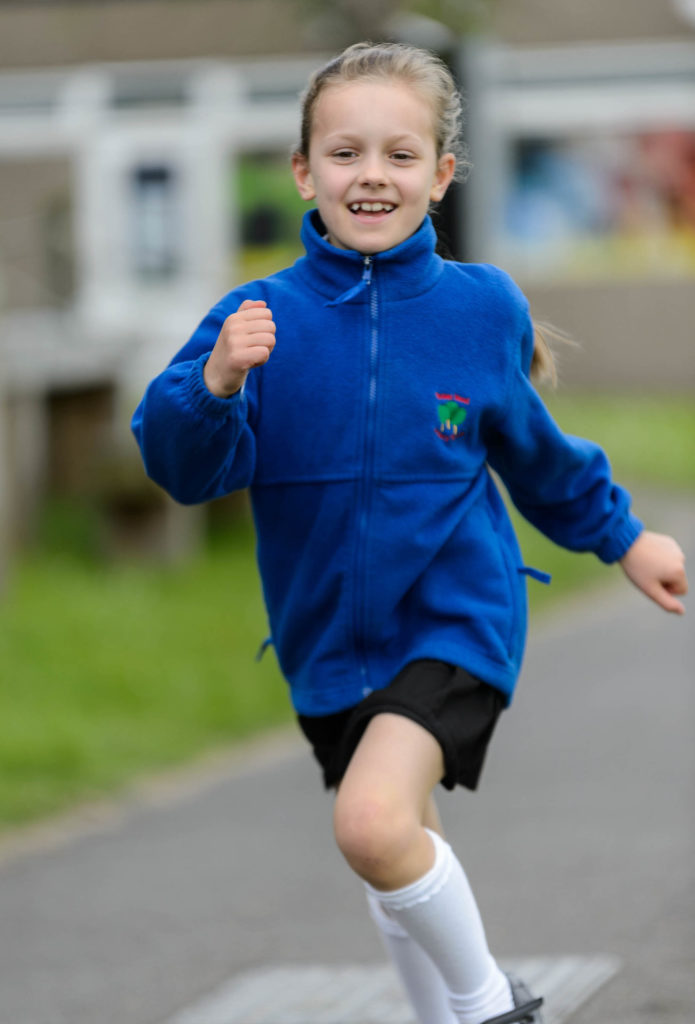Celebrating Our New Lead Schools for Music Education in Cheshire West and Wirral
On Thursday, 26th June, Edsential proudly welcomed six schools from...30 Jun 2025

The importance of high quality P.E; Early Years to Key Stage 2
By Martin McGovern – Edsential Lead for Whole School Improvement through PE and Sport
In the last few years, with the introduction of the PE Premium and the Government statements regarding health and wellbeing (“Wellbeing, why it matters to Health Policy”, Govt. report 2014), Physical Education as a subject has had a resurgence in school. Gone are the days when it was acceptable for PE to happen as a ‘treat’ rather than a structured part of the National Curriculum…However, the National Curriculum, in its 201 detailed pages, only dedicates 2 pages (3 if you count swimming guidance!) into what children are required to learn. The requirements across Key Stage 1 & 2 are that pupils:
(National Curriculum 2014)
Although it can be argued that all four of these requirements are essential for our children, they are ambiguous. How do you define competence? Would that be the child who achieves county level at cricket, or the child who finally connects with their cricket bat after weeks of trying? Sustained period of time could be 1 minute for a child who spends their evenings inactive in front of a computer console, whereas competitive activities don’t necessarily have to lead to having winners and losers (Read Edsential’s Alternative approach to school based competition). The biggest one of all is healthy, active lives. How can you achieve this goal from a solitary hour of Physical Education each week?
This vagueness can be seen as a negative, but it also opens a realm of opportunities unavailable in other subjects. As a subject leader you now have an opportunity to design your dream curriculum bespoke to your school and community. The traditional sports such as invasion, rackets and gym, whilst still having their place, are not compulsory. If they are not relevant to your children, and you can fulfil the above requirements in a more appropriate way, then you have that opportunity.
Primary Physical Education is no longer about learning individual sports which can quickly exclude less keen pupils, but about learning and applying a range of skills. Instead of 6 weeks of basketball, why not do 6 weeks of ball control where you can learn a variety of skills that makes you adept in handball, basketball, volleyball and netball? So many skills are interchangeable, particularly in newer hybrid games formed from existing sports.
This openness leads to opportunities to give pupils a say in what they want to learn. This approach is already popular in schools that have adopted topic based learning, where children will share at the start of a topic (e.g. The Vikings) what areas they would be interested in across a breadth of humanities. In one school I have worked in recently; attitudes to PE improved significantly amongst reluctant children when they had a chance to express what they would like to learn.
So, when is an appropriate time to get started on P.E.? The National Curriculum does not have any guidelines for Foundation stage, however the Foundation Framework does advise to “provide opportunities for young children to be active”, with ’Physical Development’ being 1 of 7 Learning & development areas. When you break down the 7 areas in Early Years Outcomes, around one third of the goals (particularly around 22-36 months) could be portrayed through physical activity. Physical Education lessons are essential to be able to make the observations required to assess at early years. Introducing P.E. at this early age can aid with other development areas such as listening, communication and self-care. These lessons don’t have to be sport led, and can be based around fundamental skills. They can also complement the current “get busy” style, with areas to explore physical learning. This approach can also be followed in Key Stage 1 and 2, with children accessing physical activity in all areas of the curriculum. This will give teachers a much better chance at being able to evidence that their children are leading healthy active lives (National Curriculum, 2014)
Starting early and having consistent high-quality Physical Education throughout school can be so valuable. Regular physical activity is associated with positive wellbeing and lower ratings of child unhappiness in 5-7 year olds, with goal measured physical activity being associated with high levels of wellbeing within 10-11 year olds. (“Wellbeing, why it matters to health policy” Govt. report 2014).
With the introduction of the PE Premium, schools can bulk up their provision with impressive sounding initiatives, particularly if they have Ofsted looming! These quick fixes look impressive on paper, but what you have to decide is what impact they will have if there isn’t currently an ethos of high quality PE running throughout the school.
The reason that any initiative or extra curricular provision will fail will be down to the attitudes of the children taking part. So where fundamentally will the children’s opinions of being healthy come from? It has to be down to the quality and accessibility of the PE that they experience every week in school. Consistent high quality Physical Education should always be the non-negotiable when preparing a long term health and wellbeing plan for school.
For further information about planning a Primary Physical Education curriculum and cross-curricular physical activity contact:
Martin McGovern – Edsential Lead for Whole School Improvement through PE
martin.mcgovern@Edsential.co.uk